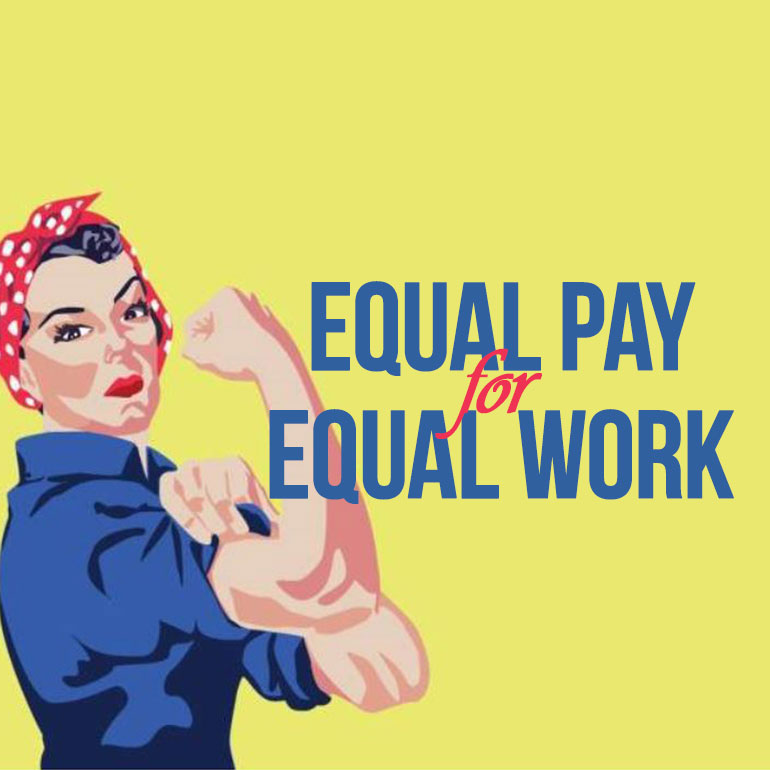AMNA NAWAZ: The women's marches last weekend reflect the continued push for equal pay and treatment. In tonight's Brief But Spectacular, we hear from journalist and women's advocate Cindi Leive. She was Glamour magazine's editor in chief for 16 years and resigned in 2017, after participating in the Women's March in Washington, D.C.

CINDI LEIVE, Journalist: We don't really embrace female rage, which is why bestselling books for women about work are usually called things like Lean In and Not Screw You, Kevin, or Taking Credit for My Work After You Interrupted Me 12 Times in That Meeting, which is a book I would buy. There's a very well-known phenomenon that most women have experienced and social scientists have studied whereby men enjoy interrupting women, often without realizing they're doing it. Even female Supreme Court justices are interrupted three times as often as their male peers. I mean, that's RBG. Women apologize more than men. Hillary Clinton, by the way, is the only presidential candidate ever to use the phrase I'm sorry in her concession speech. Women also tend to pepper their work communication with the word just, as in, I'm just checking on your assignment. Every time a woman speaks directly and clearly, I'm wondering where your assignment is, Derek, she gives permission around her for other women to do the same. This hesitancy to acknowledge that sometimes anger is legitimate is the reason that, in school, children are typically taught that Rosa Parks was a seamstress who was tired at the end of a long day, and not a very self-aware activist who was rightly enraged at her country's inhumane policies. If we tell women, don't be enraged about the fact that you have been denied a promotion, don't be enraged at the rates of sexual assault in this country, we're never going to get anywhere. We have to say, yes, we're angry, and now we're going to fix it. Before the Women's March in 2017, there was intense pressure on the group that was organizing it to pick one issue. Is it equal pay? Is it reproductive rights? Is it more women running for office? And the genius thing about that march was that it refused to make it just one issue. Think about equal pay. You can't possibly discuss that while only looking at the salaries of people in corner offices. You also have to look at minimum wage, because most minimum wage workers in this country are women. You can talk about women's bodily safety without also looking at racial inequities in this country, since women of color are much more likely to be victims of abuse. Women have to stand up for one another. Go to a protest that is for a cause you don't necessarily consider your own. That's what's going to make this powerful. My mom was a biochemist at a time when there weren't that many female scientists. And she was one of just a handful of women in her graduating class from Harvard getting a Ph.D. in bacteriology. Then she was one of just a handful of women to run a lab at the NIH. At a time when other women were marching for their rights and demanding equal pay, her form of feminism was quieter, but it was incredibly powerful. And what I learned from her is that women are as fully equipped for excellence in the things they pursue as men. And people who don't understand that should just get out of the way and let them do it. I'm Cindi Leive, and this is my Brief But Spectacular take on female power.
AMNA NAWAZ: You can find additional Brief But Spectacular episodes on our Web site, PBS.org/NewsHour/Brief.












